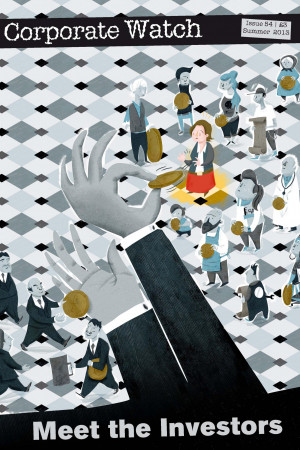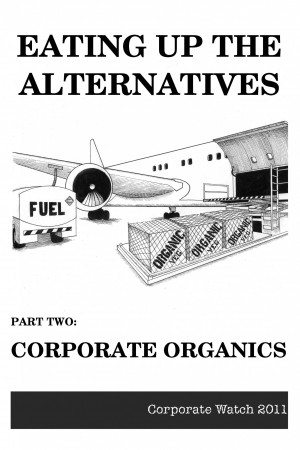Description
‘The food business is far and away the most important business in the world. Everything else is a luxury. Food is what you need to sustain life every day. Food is fuel. You can’t run a tractor without fuel and you can’t run a human being without it either. Food is the absolute beginning.’
Dwayne Andreas, former Chair and CEO of global grain trader, Archer Daniels Midland[1]
The UK farming industry is of vital importance for the production of our food. On top of this, farmers are entrusted with a number of other responsibilities. They are expected to care for and manage the land in a way that promotes wildlife and preserves the landscape; they are expected to produce food which is safe, hygienic and ‘natural’; they are expected to treat their animals humanely; and they are at the hub of the rural community.
But farmers have taken a battering from environmentalists, and from the public in general, for not carrying out these responsibilities as well as they should. Much of this criticism is justified. However, this report argues is that it is not entirely the farmers’ fault if they have failed in these undertakings. The problems that surround the farming industry are very largely attributable to one elementary fact which is beyond the farmers’ control.
It is tempting to say that farmers are simply not paid enough; but that is not quite accurate. Many farmers are currently very badly paid; but some do quite well, because they are large and economically efficient, or because they receive generous subsidies, or because they manage to surf on a wave of bank loans that never breaks, or because they have diversified.
The truth is that farmers are expected to work to impossibly small margins, which no other industry would contemplate. When the profit from a full grown pig, whose meat may be worth £150 or more once processed and retailed, is around £2.50, or the profit from a litre of milk selling for 50 pence is less than a penny, then we cannot expect farmers to do the job as well as the public expects. A great many farmers are simply struggling to survive.
This report argues that at the root of the farming crisis are food and agriculture policies and global trade agreements which promote trade liberalisation. These factors have facilitated the globalisation of the trade in food and the concentration of market power in the hands of a very small number of multinational food corporations and supermarkets, who now control the flow of food from ‘farm to fork’.
Competition among farmers for limited markets has increased, which drives down farmgate prices and farmers’ profits. At the same time corporate concentration has decreased competition among agribusiness corporations, increasing their profits.
When the UK Government commissioned the Curry report to investigate the farming crisis, it expressly forbade the panel to question the impact of international trade relations upon the UK farming industry.[2] The unsurprising result was a document that failed utterly to address the underlying causes of the problem.
The purpose of this report is to examine these underlying causes, and to make proposals for how we can start to address them. However, in a document this short, our analysis of the food system is necessarily ‘rough’ and we certainly do not hold ourselves up as having all the answers, but we hope this report will provide food for thought and action.
The report comes to a number of conclusions, but one is perhaps more important than the rest: that farmers, environmentalists and people concerned about social justice have a common cause: the transformation of the current damaging and highly exploitative food system and the creation of a pattern of food production based on respect for the land and the needs of local communities rather than exploitation and greed. None of us will succeed in this cause until we learn to work together. References
[1] Quoted in William Heffernan with Mary Hendrickson and Robert Gronski (1999) Report to the National Farmers Union: Consolidation in the Food and Agriculture System www.nfu.org/images/heffernan_1999.pdf Viewed 6/1/04 [2] Farming & Food: A Sustainable Future, Cabinet Office, 2002; www.cabinet-office.gov.uk/farming Viewed 5/1/04
Published in 2004.
Click here to download this guide for free.



